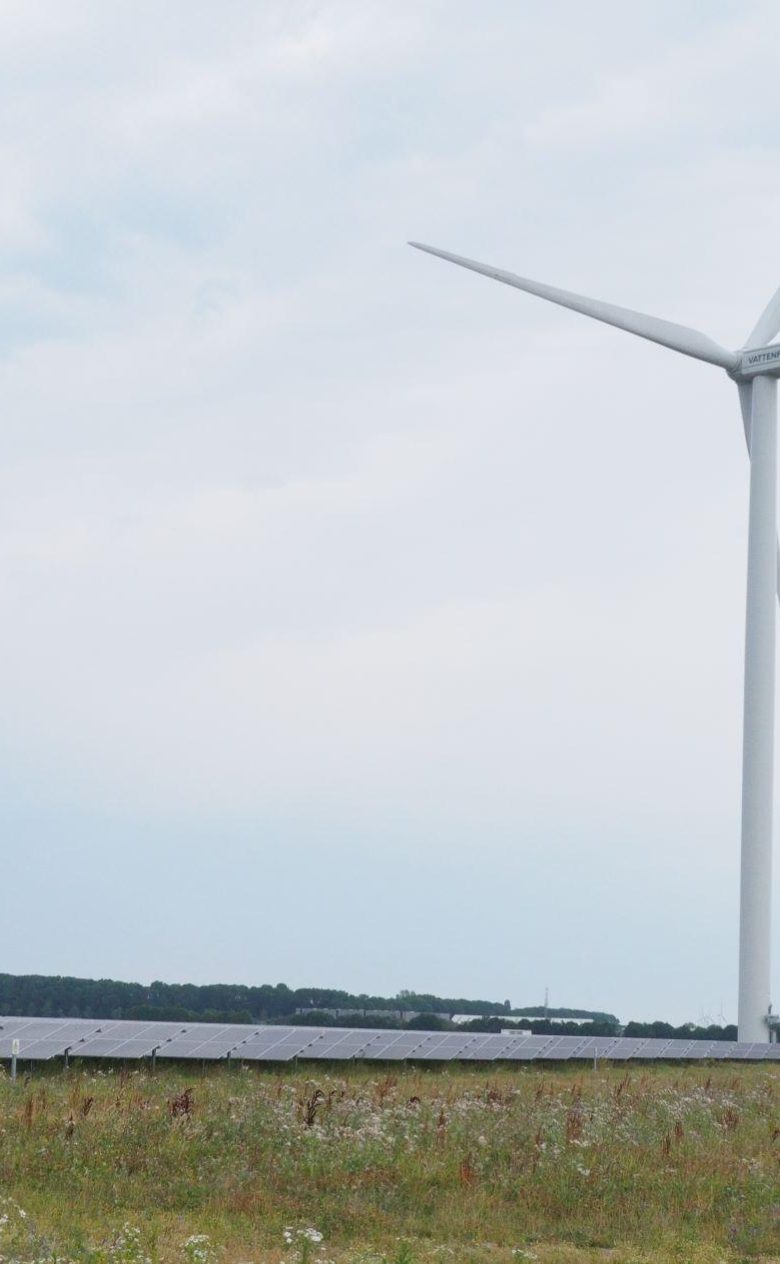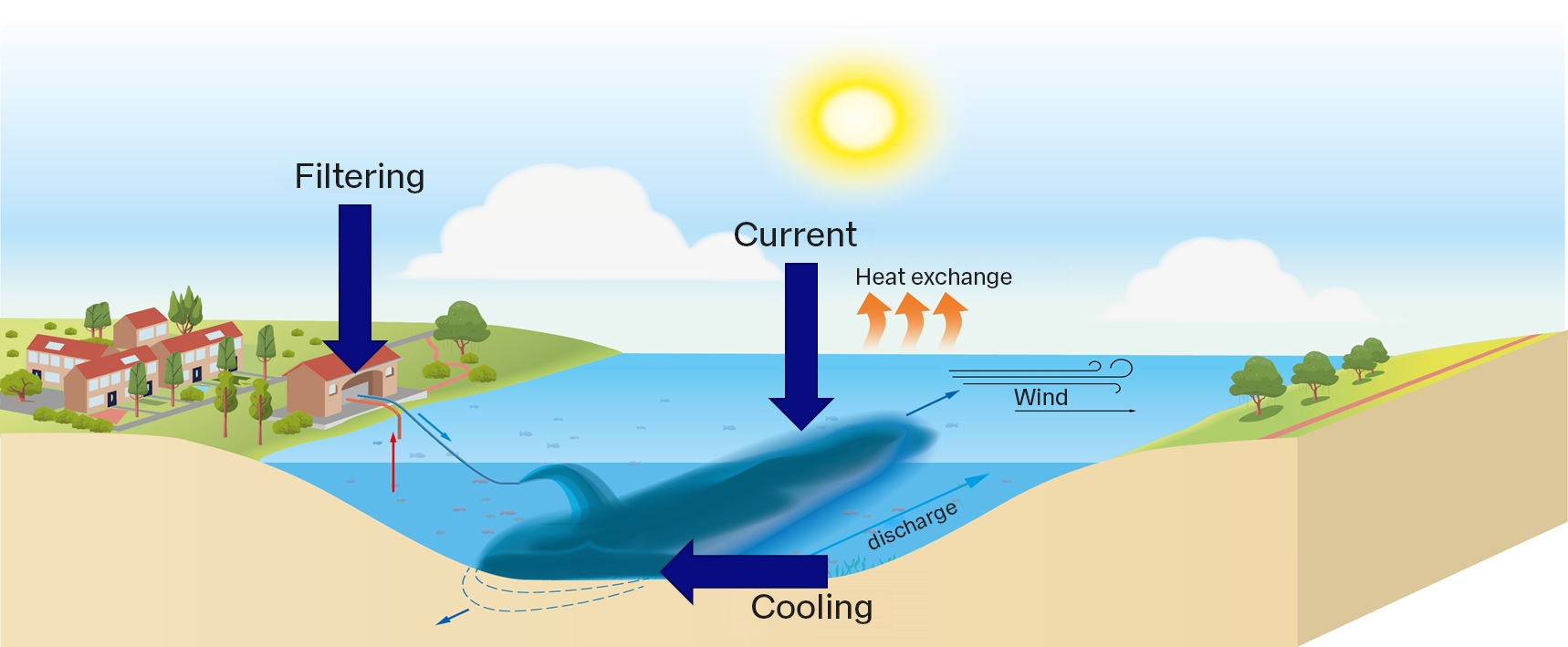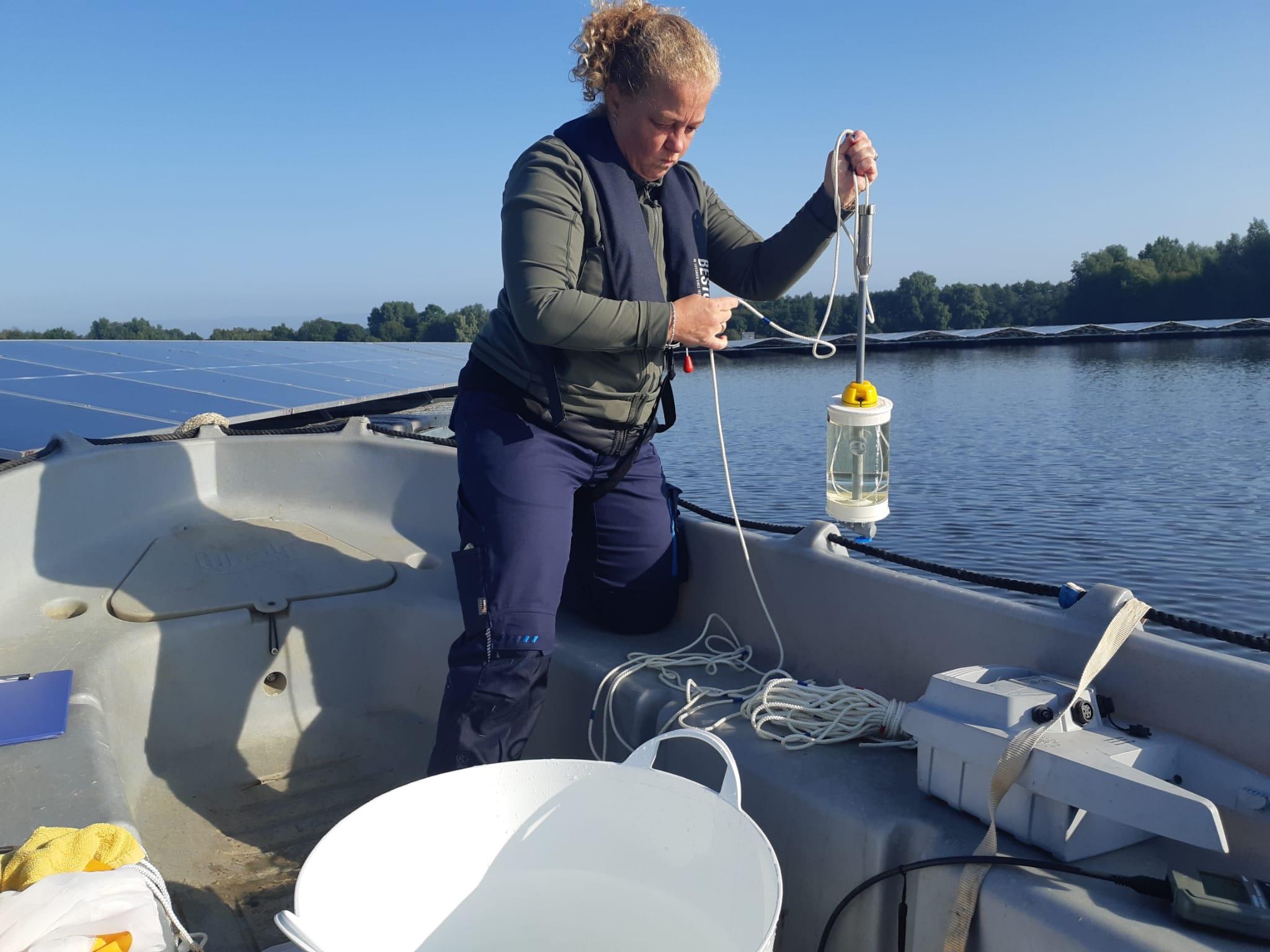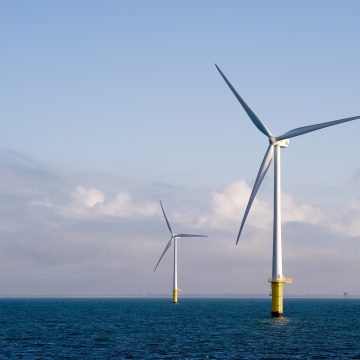Knowledge of Ecology for the Energy Transition (KEEN)
The energy transition will affect quality and life in water, on land, and in the soil. Together with TNO, WUR and KWR, Deltares is studying the effects of scaling up renewable energy sources such as wind, solar, aquathermal energy, and soil energy to ensure that our transition to a sustainable future will be both effective and ecologically sound.

To achieve the ambitions in the Paris Climate Agreement, the Netherlands must do everything it can to make the transition from fossil fuels to fully sustainable energy. A range of sustainable energy sources will be needed. The energy transition also requires the adaptation and expansion of the infrastructure for transporting heat and electricity, including new storage systems and the associated transportation and distribution systems.

Merging and bundling investigations
The Ministry of Economic Affairs commissioned the KEEN research programme. The aim of the programme is to ensure that the energy transition does not have undesirable ecological impacts. At the same time, the idea is to prevent delays in the energy transition due to uncertainty about the ecological impacts of producing energy sustainably. We are not starting from scratch: KEEN will draw on, combine and add to current research into the ecological impact of sustainable energy sources.
Knowledge agenda as a basis
The basis for the current research programme is the knowledge agenda drafted in 2023 (in Dutch). That agenda identified the existing knowledge, ongoing research and knowledge gaps. A consortium consisting of Deltares, KWR, TNO and WUR will focus on the priority questions in the knowledge agenda. KEEN was commissioned by the Urban Energy and Offshore Energy TKIs.
The results of the research will be set out in written reports, and possibly in a scientific paper. They will also be made available on this website, in other media, and, as much as possible, at public network meetings.

Three clusters
The research programme described in the plan of action (Dutch) was drafted on the basis of three clusters:
Cluster Land
- Research into soil moisture distribution under solar panels.
- Research into the flight behaviour of birds of prey at locations where solar parks and wind farms are combined, with the modelling of air flows.
Cluster Water
- On-site research into the ecological effects of a TES plant, looking at the effects of water filtration, cold discharge and flows. This will involve developing a model and setting up monitoring.
- Research into the relationship between the blockage of light by solar panels on water and the impact on primary biomass production.
Cluster Subsurface
Research into the temperature effects of Medium and High Temperature Aquifer Thermal Energy Storage MT- and HT-ATES) systems on water quality (water composition and microbiology).
For information relating to specific clusters
Cluster Land: Karen Krijgsveld (WUR) karen.krijgsveld@wur.nl
Cluster Soil: Mariëlle Koenen (TNO) marielle.koenen@tno.nl of Martin van der Schans (KWR) martin.van.der.schans@kwrwater.nl
Cluster Water: Lisa van Eck (Deltares)




